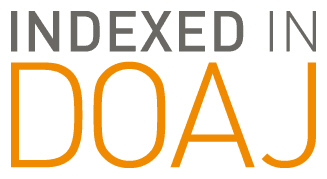Abstract
Raising any child to become successful and self-sufficient presents challenges to all parents; however, the complexity of the decision-making in parenting may become more intricate for parents of children with visual impairments. It can be a challenge determining the balance between intense overprotection for reasons of safety versus the encouragement and attention to the participation in unique or challenging learning experiences. Parents of children with visual impairments may also struggle to find the fine line between viewing the child through he lens of the impairment (as other or less than) versus treating the child in the same manner other children are treated in relation to expectations and independence. The need to protect or limit the child with a visual impairment may be present in spite of awareness of the strong connection between experiences in physical and social activities as a means to develop self-determination, and independence. As for all children, for children with visual impairments, parental overprotection and the limiting of experiential activities can have negative implications on the degree of their children’s psychological-emotional and physical well-being sufficient to the development of optimal levels of independence and self-sufficiency. The purpose of this study was to examine the perceptions of parents and primary care-providers of this special population regarding their child’s ability to engage the environment independently (independence) and the degree to which the parents feel required to intervene in the oversight of their child’s activities various experiences (perceived efficacy). Survey results indicated that parents of children with visual impairments are not a monolithic group in terms of their perceptions of their children’s independence or in their perceptions of their child’s efficacy. Recommendations for future research address the need to consider implications for parenting, parent education, and the role of teachers of children with visual impairments, and orientation and mobility specialist.
Recommended Citation
Munro, Michael P.; Garza, Maricela M. M.Ed.; Hayes, Janiel R. M.Ed.; and Watt, Elizabeth A. M.Ed.
(2016)
"Parental Perceptions of Independence and Efficacy of their Children with Visual Impairments,"
Journal of Human Services: Training, Research, and Practice: Vol. 1:
Iss.
1, Article 3.
Available at:
https://scholarworks.sfasu.edu/jhstrp/vol1/iss1/3
Included in
Counseling Commons, Disability and Equity in Education Commons, Health and Physical Education Commons, Other Teacher Education and Professional Development Commons, Special Education and Teaching Commons
Tell us how this article helped you.
